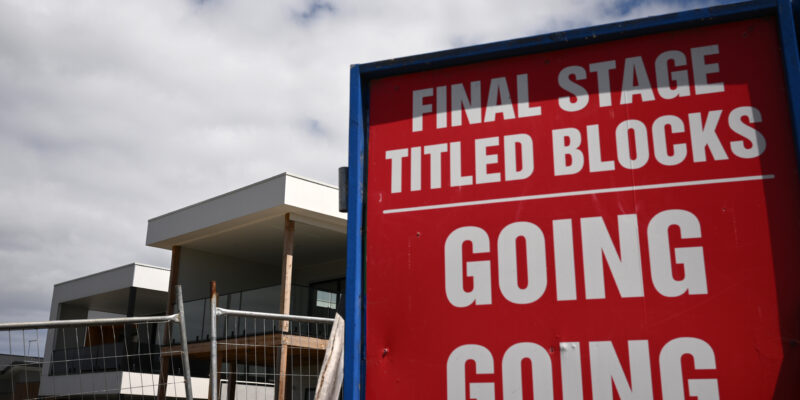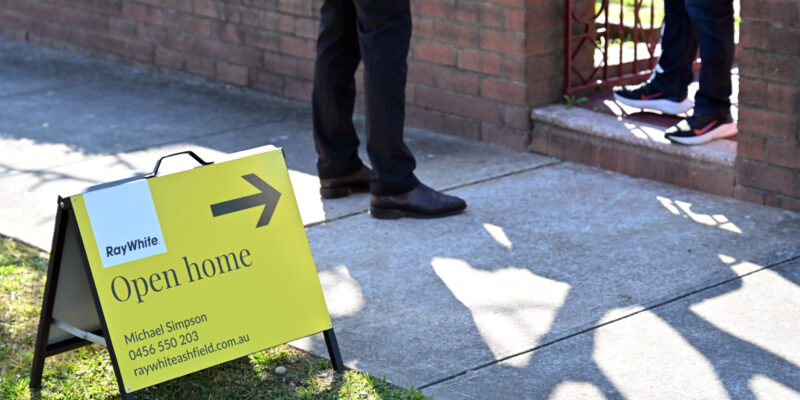State housing incentives are only a short-lived fix
If government is equity partner in property purchases, where's the incentive to make housing more affordable? Cameron Kusher

HOUSING incentives will fuel a temporary boost for first home buyers without delivering a long-term fix to the housing crisis, a leading economist says.
Cameron Kusher, former senior analyst with CoreLogic and REA, claims mostly demand-side government schemes will push prices up making the market less affordable long-term.
“There’s been a long history over the last 25 years of grants and schemes and initiatives to help first home buyers,” Kusher said.
“They do lead to, generally, a lift in first home buyer volumes, its usually pretty short lived.
“What we also know that they tend to do is push prices higher.
“You get this situation whereby you help you help somebody get into the market, but then you have to keep creating bigger and larger incentives for first time buyers because the prices have gone up and what you previously had doesn’t cut it anymore.”
In the case of Tasmania and Queensland, Kusher took aim at initiatives where buyers could get into the market with 2 per cent equity in a purchase.
The Federal Government’s Home Guarantee Scheme provides a guarantee to lenders so home buyers only need a 2 per cent or 5 per cent deposit.
“I feel like it’s kind of a slippery slope,” Kusher said, adding that such shared equity schemes led to problems in the market that would be difficult to unwind.
One issue was buyers getting on the property ladder with less equity.
Another risk stemmed from the government’s increasing direct role in the market.
“If government is equity partners in these property purchases, then where’s their incentive to make housing more affordable?” he asked.
Kusher highlighted NSW’s pre-sale finance guarantee scheme, which aims to boost housing construction and address the state’s housing crisis, as a step in the right direction.
Under the scheme, the state goes guarantor on up to 50 per cent of approved housing projects so developers can start construction. It will guarantee residential pre-sales for up to $1 billion of housing projects at a time through a revolving fund, the government has said.
Kusher was upbeat on the scheme. “What they’re proposing to do will certainly help more housing stock be delivered, and ultimately, that’s what we want,” he said.
“It’s certainly going to help with developers that are struggling to get pre-sales,” he said.
“As a result, it will mean that projects get out of the ground quicker, and we start building sooner, which is ultimately what we need.”
Read the full article in the latest monthly edition of Australian Conveyancer here






